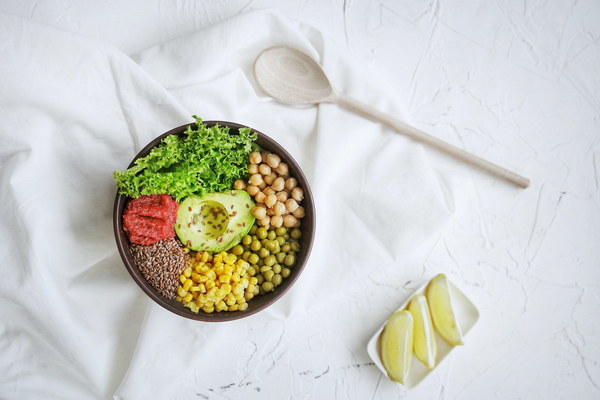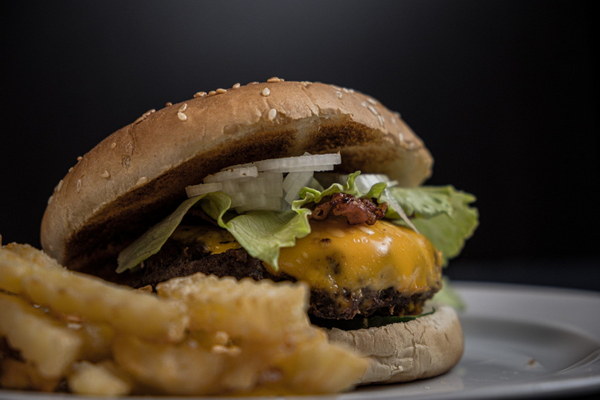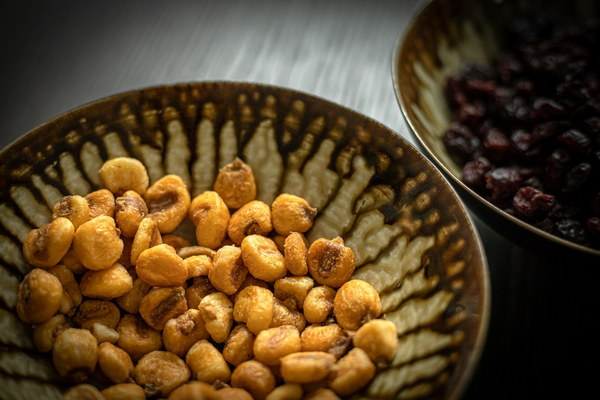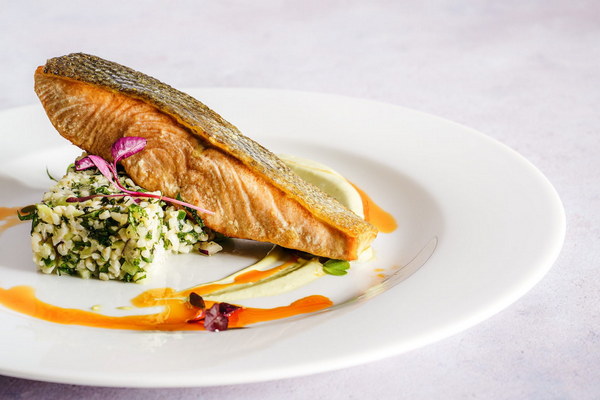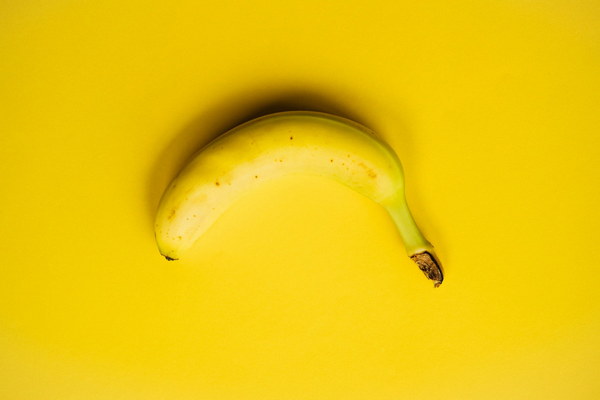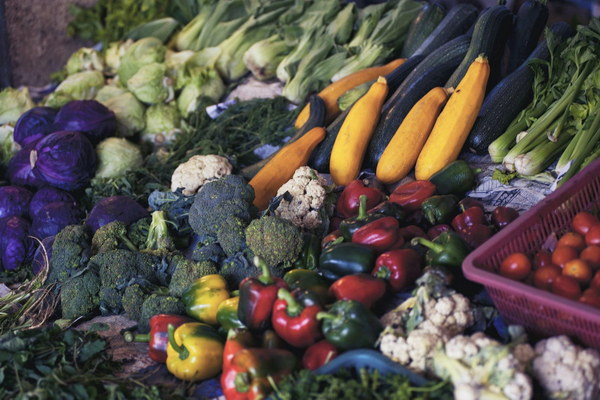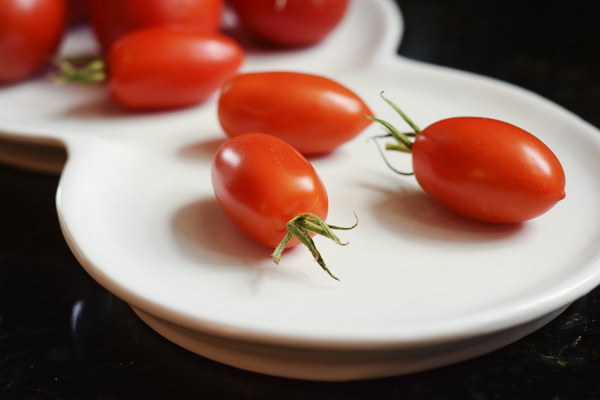Revitalizing Feline Health A Comprehensive Guide to Post-Spay/Neuter Nutrition for Cats
Introduction:
Cats are beloved pets that bring joy and companionship to countless households. However, like all pets, they require proper care and attention, especially after undergoing spaying or neutering surgery. This article aims to provide a comprehensive guide to post-spay/neuter nutrition for cats, highlighting the importance of a well-balanced diet and discussing the best food options to support their health and recovery.
The Importance of Nutrition After Spaying/Neutering:
Spaying or neutering is a common surgical procedure performed on cats to prevent unwanted litters and reduce the risk of certain health issues. However, this procedure can also affect a cat's metabolism and nutritional needs. Here's why nutrition is crucial after spaying or neutering:
1. Metabolic Changes: Spaying and neutering can lead to a decrease in a cat's metabolic rate, resulting in weight gain. This is because the hormones responsible for regulating appetite and metabolism are altered after the surgery.
2. Reduced Energy Levels: Some cats may experience a decrease in energy levels following surgery. A balanced diet can help maintain their energy levels and support their overall well-being.
3. Enhanced Recovery: Proper nutrition can aid in the healing process after surgery, ensuring that cats recover more quickly and comfortably.
4. Long-Term Health Benefits: A well-balanced diet can help prevent obesity, diabetes, and other chronic diseases in cats, promoting a longer, healthier life.
Post-Spay/Neuter Diet: What to Feed Your Cat
1. High-Quality Protein: Cats are obligate carnivores, meaning they require a diet rich in animal protein to thrive. Choose a high-quality, meat-based food that meets your cat's nutritional requirements.
2. Balanced Fats: Healthy fats are essential for a cat's coat, skin, and overall health. Look for foods that contain omega-3 and omega-6 fatty acids, such as fish oil or flaxseed oil.
3. Carbohydrates: While cats do not require carbohydrates in large quantities, they should still be included in their diet to provide energy. Opt for complex carbohydrates like whole grains and legumes.
4. Essential Vitamins and Minerals: A well-rounded diet should include essential vitamins and minerals to support your cat's health. Consult with your veterinarian to ensure your cat is getting the necessary nutrients.
5. Limited Calories: Since metabolism may slow down after spaying or neutering, it's essential to choose a food that is formulated for weight management. This will help prevent obesity and related health issues.
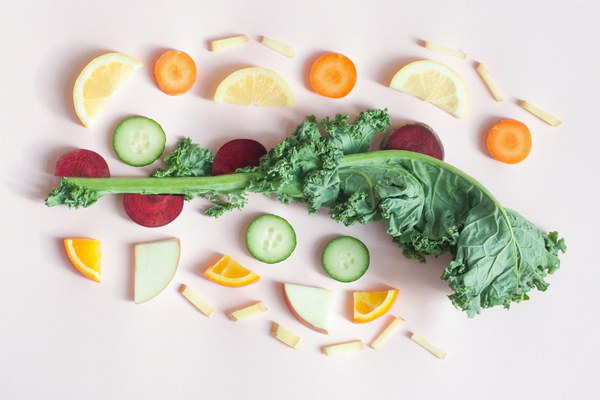
Best Food Options for Post-Spay/Neuter Cats:
1. Prescription Diet: Many veterinarians recommend prescription diets for cats recovering from spaying or neutering. These diets are formulated to meet the specific nutritional needs of cats after surgery and can help maintain a healthy weight.
2. Wet Food: Wet food is an excellent choice for post-spay/neuter cats, as it has a higher moisture content, which can aid in digestion and help prevent urinary tract issues. Ensure the wet food is high in protein and low in carbohydrates.
3. Limited-Ingredient Diets: Limited-ingredient diets are designed to be easy on a cat's digestive system, reducing the risk of food allergies and sensitivities. These diets typically contain fewer ingredients, making it easier to identify potential allergens.
4. Homemade Diets: Some pet owners prefer to prepare their cats' meals at home. If you choose this route, consult with a veterinarian to ensure your cat's homemade diet meets their nutritional requirements.
Conclusion:
Proper nutrition is essential for the health and well-being of cats, especially after spaying or neutering. By choosing the right food options and ensuring your cat receives a balanced diet, you can help them maintain a healthy weight, support their recovery, and prevent potential health issues. Consult with your veterinarian to determine the best diet for your post-spay/neuter cat and ensure they live a happy, healthy life.

